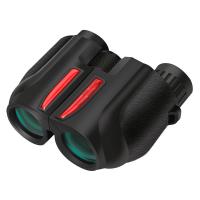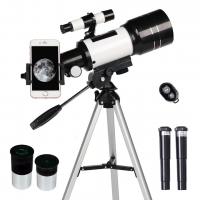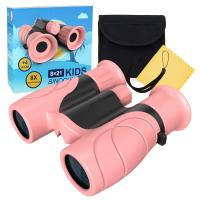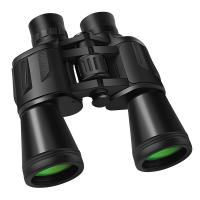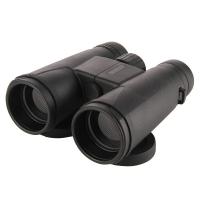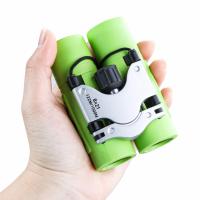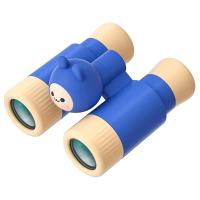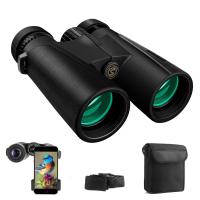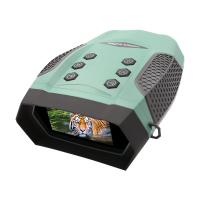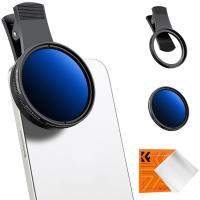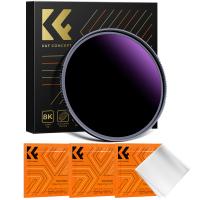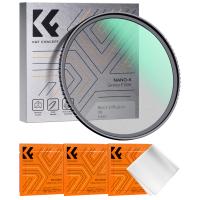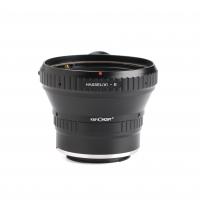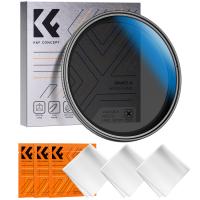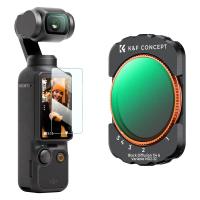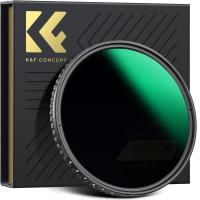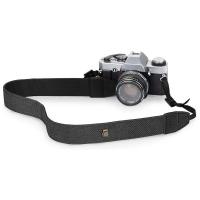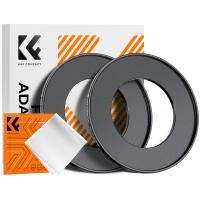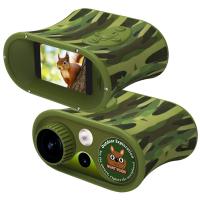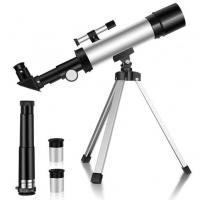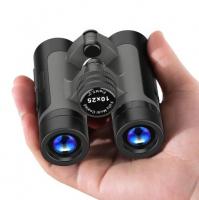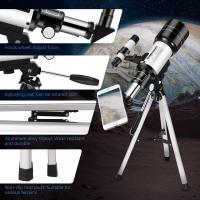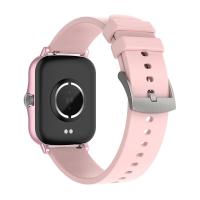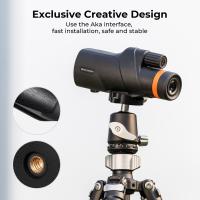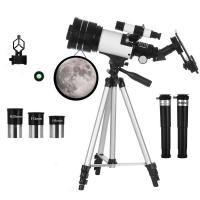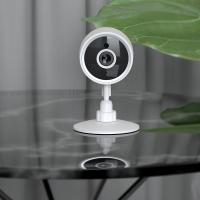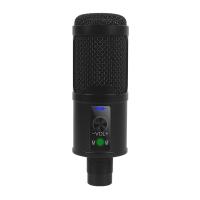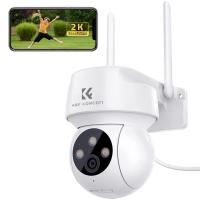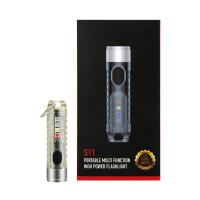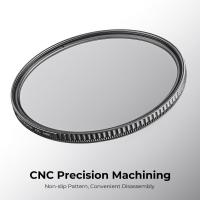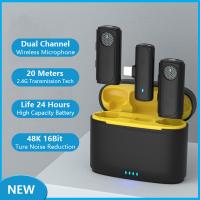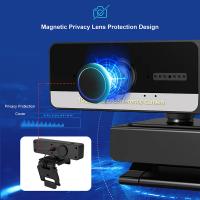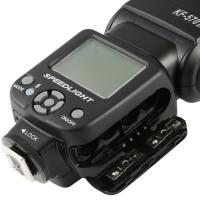What Binoculars To Buy For Astronomy?
When it comes to stargazing, many people immediately think of telescopes as the go-to tool for observing the night sky. However, binoculars can be an excellent alternative, especially for beginners or those who prefer a more portable and versatile option. Choosing the right binoculars for astronomy can be a daunting task given the myriad of options available. This article aims to guide you through the essential factors to consider when selecting binoculars for stargazing, ensuring you make an informed decision that meets your specific needs.
Understanding Binocular Specifications

Before diving into specific recommendations, it's crucial to understand the basic specifications of binoculars. Binoculars are typically described by two numbers, such as 10x50 or 7x35. The first number represents the magnification power, while the second number indicates the diameter of the objective lenses in millimeters.
1. Magnification Power: This tells you how many times closer an object will appear compared to the naked eye. For example, a 10x magnification means that an object will appear ten times closer. While higher magnification might seem better, it also means a narrower field of view and more difficulty in keeping the image steady.
2. Objective Lens Diameter: The diameter of the objective lenses (the lenses farthest from your eyes) determines how much light the binoculars can gather. Larger lenses gather more light, which is crucial for astronomy since you'll be observing faint objects in low-light conditions. However, larger lenses also mean heavier and bulkier binoculars.
Key Features to Consider
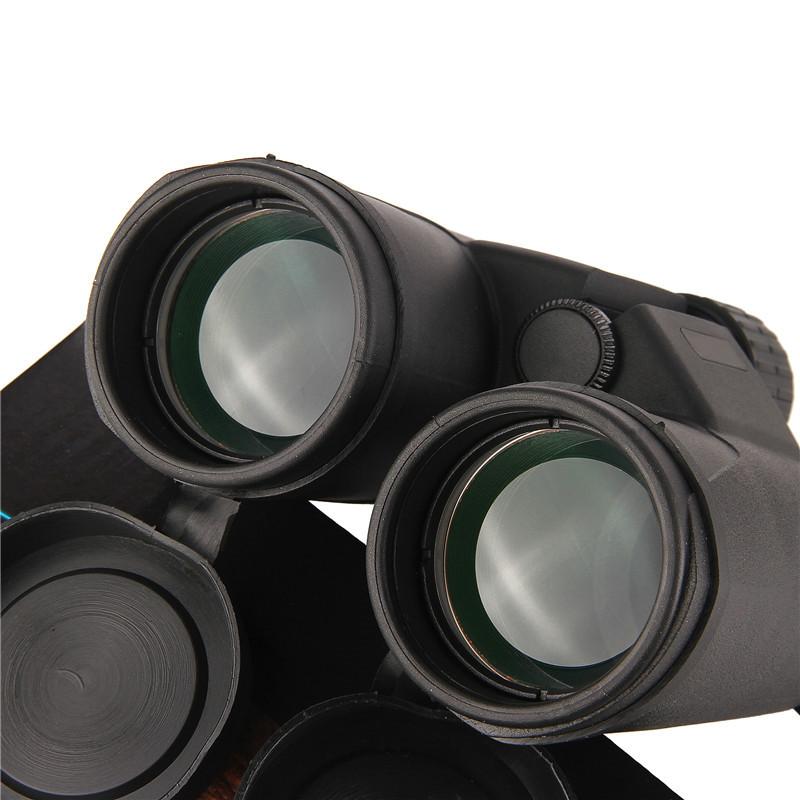
When selecting binoculars for astronomy, several features are particularly important:
1. Aperture: In astronomy, the aperture (objective lens diameter) is more critical than magnification. A larger aperture allows more light to enter, making celestial objects appear brighter and more detailed. For stargazing, an aperture of at least 50mm is recommended.
2. Magnification: While higher magnification can provide more detail, it also makes the binoculars harder to hold steady. For handheld use, a magnification of 7x to 10x is ideal. If you opt for higher magnification, consider using a tripod to stabilize the view.
3. Field of View: This is the width of the area you can see through the binoculars, usually measured in degrees. A wider field of view makes it easier to locate and track objects in the sky. For astronomy, a field of view of at least 5 degrees is beneficial.
4. Exit Pupil: This is the diameter of the beam of light that exits the eyepiece, calculated by dividing the objective lens diameter by the magnification. An exit pupil of 5mm to 7mm is ideal for astronomy, as it matches the dilation of the human eye in dark conditions.
5. Prism Type: Binoculars use prisms to correct the orientation of the image. There are two main types: Porro prisms and roof prisms. Porro prisms generally offer better image quality and are more affordable, making them a popular choice for astronomy.
6. Coatings: Lens coatings improve light transmission and reduce reflections, enhancing image brightness and contrast. Look for binoculars with fully multi-coated lenses for the best performance.
Recommended Binoculars for Astronomy
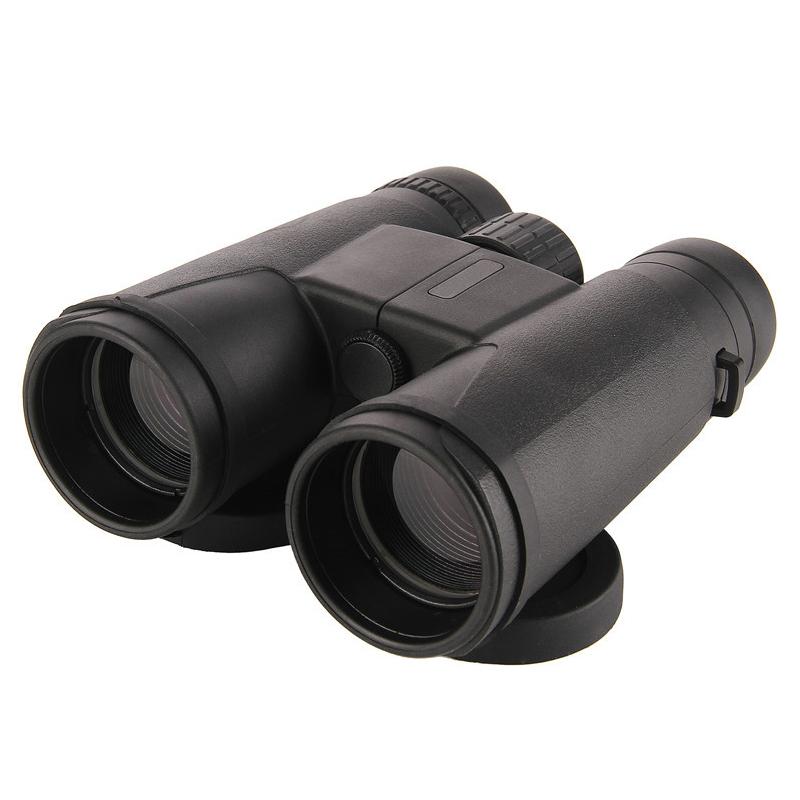
Based on the above criteria, here are some highly recommended binoculars for stargazing:
1. Celestron SkyMaster 15x70: These binoculars offer a high magnification of 15x and a large 70mm aperture, making them excellent for viewing faint celestial objects. They are relatively lightweight for their size and come with a tripod adapter for added stability.
2. Nikon 10x50 Aculon A211: With a 10x magnification and 50mm objective lenses, these binoculars strike a good balance between magnification and light-gathering capability. They are also known for their sharp, clear images and comfortable grip.
3. Orion 20x80 Astronomy Binoculars: These binoculars feature a massive 80mm aperture and 20x magnification, providing stunning views of the night sky. Due to their size and weight, they are best used with a tripod.
4. Vortex Optics Viper HD 10x50: These high-quality binoculars offer excellent image clarity and brightness, thanks to their HD extra-low dispersion glass and fully multi-coated lenses. They are also waterproof and fog-proof, making them durable for outdoor use.
Practical Tips for Using Binoculars in Astronomy
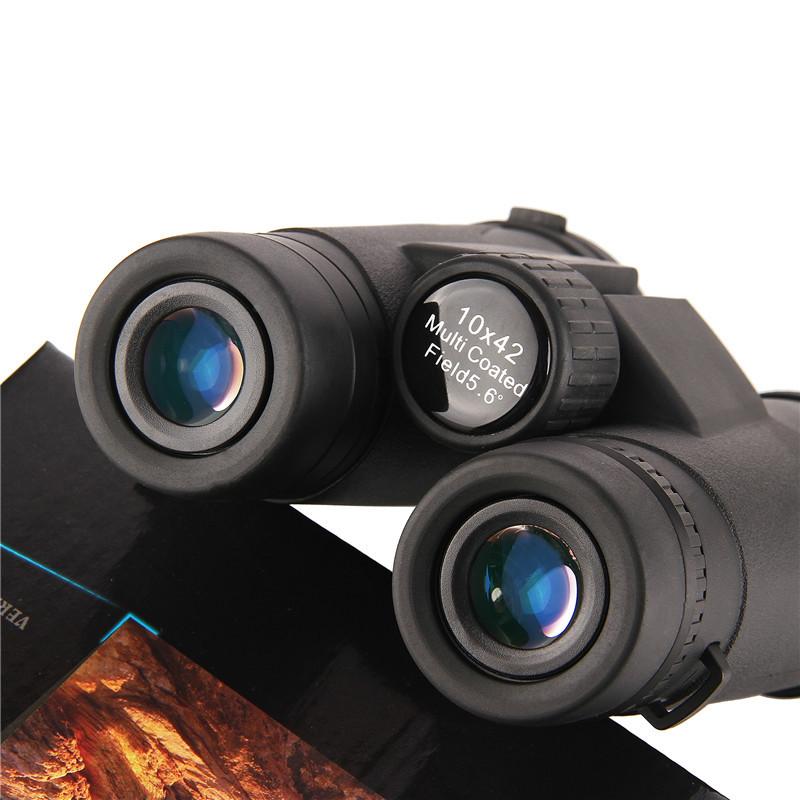
Once you've selected the right binoculars, here are some practical tips to enhance your stargazing experience:
1. Stabilize Your View: Holding binoculars steady can be challenging, especially with higher magnifications. Use a tripod or a monopod to stabilize your view. Alternatively, you can rest your elbows on a stable surface or lie on your back to reduce hand tremors.
2. Get Comfortable: Stargazing can take time, so make sure you're comfortable. Use a reclining chair or a blanket to lie on. Dress warmly, as nights can get cold, even in summer.
3. Use a Star Chart: A star chart or a stargazing app can help you identify constellations, planets, and other celestial objects. Familiarize yourself with the night sky and plan your observations in advance.
4. Dark Adaptation: Allow your eyes to adapt to the darkness for at least 20-30 minutes before starting your observations. Avoid looking at bright lights, including your phone screen, as it can ruin your night vision.
5. Start with the Moon: The Moon is an excellent target for beginners. Its craters, mountains, and maria (dark plains) are easily visible and provide a fascinating introduction to lunar observation.
6. Explore Star Clusters and Nebulae: Binoculars are perfect for viewing star clusters like the Pleiades and the Beehive Cluster, as well as nebulae like the Orion Nebula. These objects appear as fuzzy patches of light and are best observed from dark-sky locations.
Choosing the right binoculars for astronomy involves balancing several factors, including aperture, magnification, field of view, and overall build quality. By understanding these key features and considering your specific needs, you can select a pair of binoculars that will enhance your stargazing experience. Whether you're a beginner or an experienced astronomer, the right binoculars can open up a world of celestial wonders, allowing you to explore the night sky in stunning detail. Happy stargazing!


